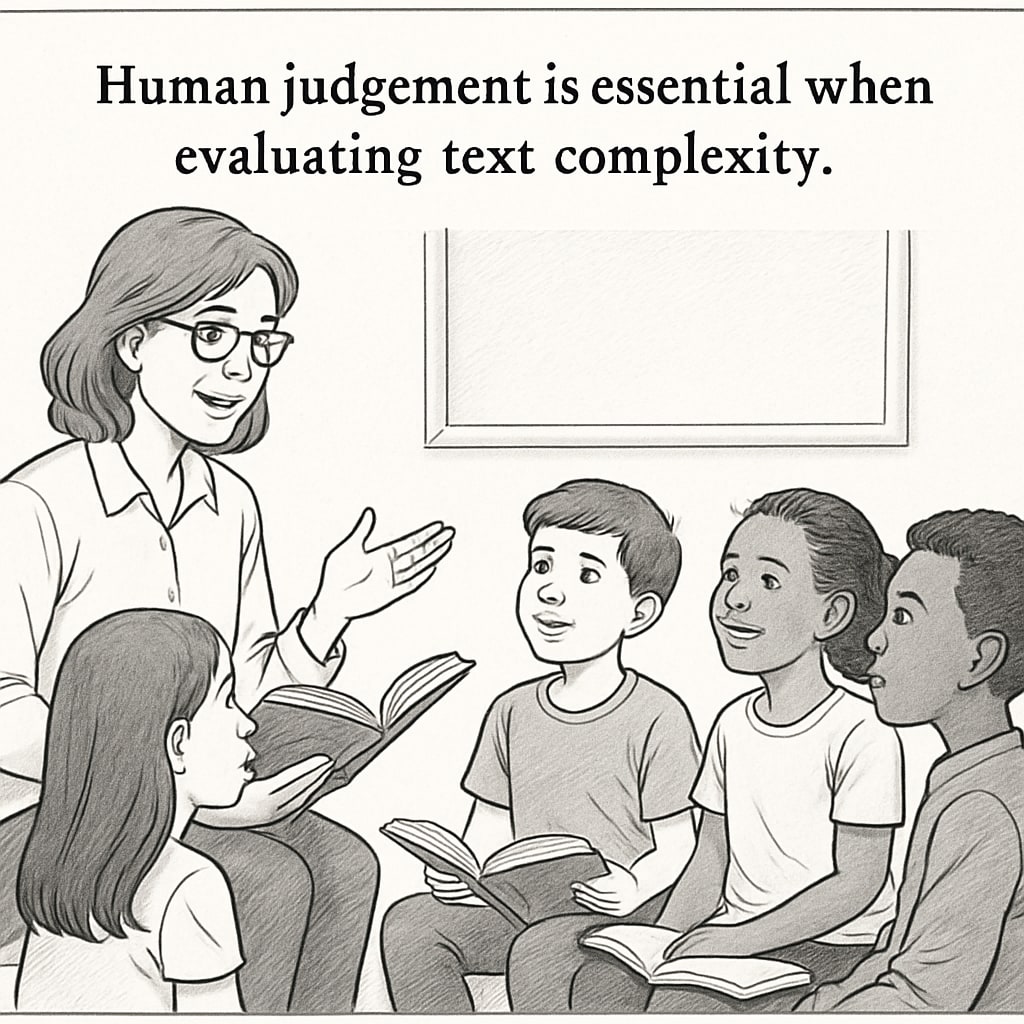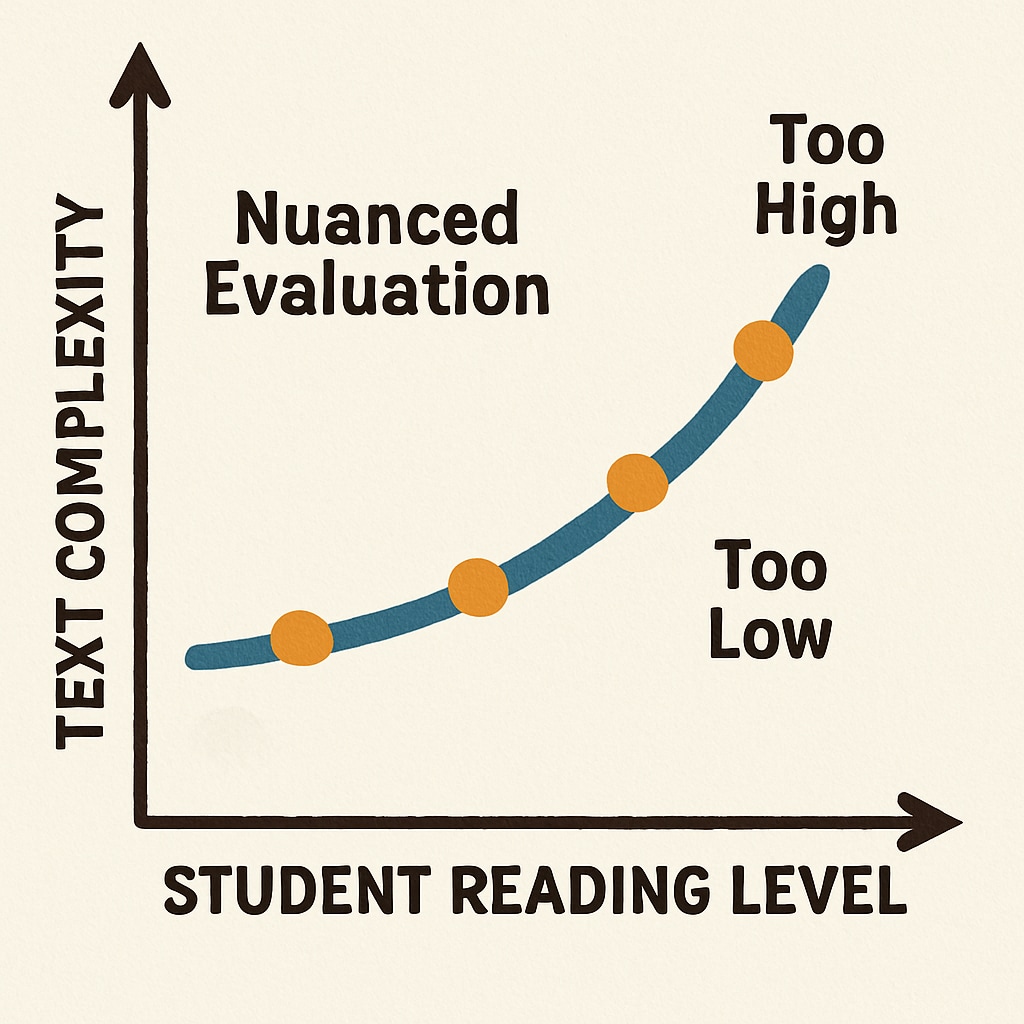Reading comprehension is a cornerstone of education, yet one of its most critical components—text complexity—remains a puzzle. We invite elementary and middle school teachers to join a groundbreaking study to explore how educators’ expertise can refine text complexity evaluation. As teacher volunteers, your unique insights will contribute to building a more accurate and accessible text grading system. With just 30 minutes of your time, you can make a lasting impact on the future of educational materials.
Why Teachers Are Essential in Text Complexity Research
Teachers play a pivotal role in determining the success of reading comprehension initiatives. They work with diverse students, understand developmental milestones, and are attuned to the nuances of language acquisition. While algorithms and readability formulas offer a starting point for assessing text complexity, they often fail to capture the human factors that influence comprehension—such as cultural relevance, sentence structure, or prior knowledge. This is where the expertise of teachers becomes invaluable. By contributing to this research, educators can help bridge the gap between computational models and real-world classroom needs.

How the Study Works
Participating in this study is simple and impactful. Once you sign up, you’ll be asked to review a set of reading materials and provide your professional assessment of their complexity. This involves evaluating factors like vocabulary, sentence length, and thematic depth. The process takes only 30 minutes, and your feedback will be combined with data from other educators to create a comprehensive framework for text grading. For example, studies have shown that texts with high-frequency words may still pose challenges when sentence structures are overly complex (Reading comprehension on Wikipedia).
In addition to contributing to educational research, participants will gain exclusive insights into the findings and receive recognition for their involvement. This initiative not only benefits students but also empowers teachers by incorporating their expertise into academic research.

Shaping the Future of Educational Materials
The ultimate goal of this research is to create a dynamic, teacher-informed text complexity model that aligns with classroom realities. Current systems often rely heavily on quantitative metrics, such as word frequency or sentence length, which do not account for qualitative aspects like cultural significance or the engagement level of the content. By involving teachers, we aim to develop resources that are both challenging and accessible, ensuring that students of all backgrounds can thrive.
For example, the importance of literacy in fostering critical thinking highlights the need for carefully curated reading materials. This study will help educators better match texts to students’ abilities, paving the way for more personalized and equitable learning experiences.
How You Can Get Involved
Joining this research is straightforward. Sign up through our online platform, and you’ll receive detailed instructions on how to participate. Your contributions will remain anonymous, and the aggregated data will be used solely for research purposes. Teachers who participate will not only help shape the future of reading comprehension but will also gain valuable insights into text evaluation techniques that can be applied in their own classrooms.
By dedicating just 30 minutes, you’ll be part of a movement to make educational materials more effective and inclusive. Don’t miss the chance to use your expertise to make a difference!
In conclusion, teachers are more than just facilitators of knowledge—they are critical to understanding how students engage with texts. By participating in this study, you can help unlock the complexities of reading comprehension and contribute to the development of a more meaningful and equitable text grading system. Together, we can ensure that every student has access to materials that inspire, challenge, and support their learning journey.
Readability guidance: This article uses short paragraphs, clear transitions, and active voice to ensure accessibility. Lists and external links provide additional clarity, while the content avoids jargon to maintain a professional yet approachable tone.


